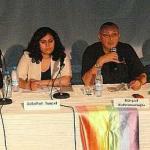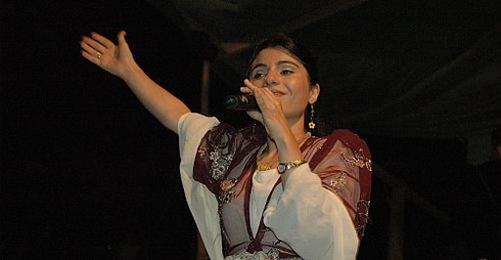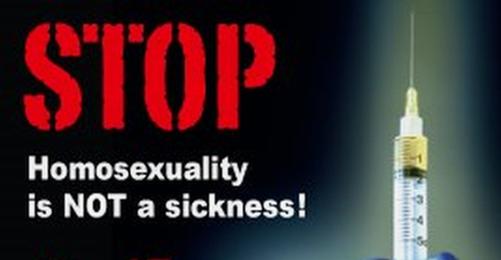What do lesbian, gay and bisexual (LGB) employees experience in job interviews? What kind of treatment are they exposed to? Which problems do they have to expect when they start working? What are the similarities and differences for LGB workers who had and did not have their coming out yet? What kind of problems arise in military and civil surroundings?
The Turkish LGTB organization Kaos GL called for a "LGB Employees Meeting" with employed and unemployed participants in Ankara to highlight the answers to the above questions.
Education: LGB workers experience the most difficult period after high school graduation when they enter university and after university graduation when choosing a profession. A large number of homosexual and bisexual graduates heads for professional fields perceived as "homosexual professions" even if they lack expertise and desire for these professions. On top of the list are professions such as interior architecture, advertising, film industry and fashion.
Job application: Some problems are widely spread in the private and public sector for LGB job applicants. The most urgent ones are listed as follows:
* It can be a reason not to be hired if a person "appears to be homosexual" or without declaring it is "supposed to be homosexual" in the job interview. Therefore, many LGB applicants are forced to give a heterosexual impression by matching their appearance according to the general picture regarding clothes or body language.
* It is problematic for all males not to join the military service. However, homosexuals who obtain a report of psychological disorder are directly disqualified from military service
* Checks on the private life on an applicant are done for some public sectors in particular. They enter the private environment and asked the people around for infromation about the applicant. If the people asked give information about any problems regarding the sexual identity of the person, he can be prevented from working in these public sectors.
* Additionally there is a 2-year period for civil service posts to decide whether the candidate "is suitable for the civil service or not". During this period of time the applicant has to live in accordance with social norms and public morality.
* When applying to a magazine, publishing house or newspaper for example, the applicant cannot mention in his CV that he contributed to a magazine such as Kaos GL out of concern to reveal his homosexuality.
* For applications in the academic sector previous work experience in the LGBT field can be a reason for not being hired.
* Furthermore, it can create problems in the job application to come out openly as homosexual.
According to the experiences of the participants in Ankara, "Even if an LGB person has the suitable features and physical or academic qualifications, the applicant might not get the job because of the employer's or human recourses department's homophobic attitude, their political ideas and/or moral perceptions".
LGB people who jumped the hurdle of application and became employed experience further problems regarding their sexual orientation.
Participants of the LGB Workers Meeting explained that they cannot live their sexual identity openly in the public sector at all and seldomly in the private sector. They are experiencing the following problems:
* Problems in social life and isolation is created by heterosexually dominated social structures and the per se perception of everybody being heterosexual.
* The "doubt of homosexuality" can be an obstacle to promotion. This can also be in the way of being exiled to another position or city.
* When the spouse, child of fiancée of a heterosexual person gets sick, the person can take a day off whereas a homosexual or bisexual person's partner gets sick, he or she cannot take a day off.
* Mobbing politics are applied in public to people whose sexual orientation comes out. The purpose is to make the person resign due to this attitude so the company does not have to pay compensation.
* The martial status has influence on the distribution of work fields in the company. Work related to late working hours or travelling is generally allocated to single persons. Whereas heterosexual single people get away from this situation by marriage, LGB employees in Turkey are experiencing this problem permanently since they have no legal basis to marry their partner.
The situation for transvestites and transsexuals is even more difficult because they are not being invited to job interviews in the first place. (BÇ/VK)

















